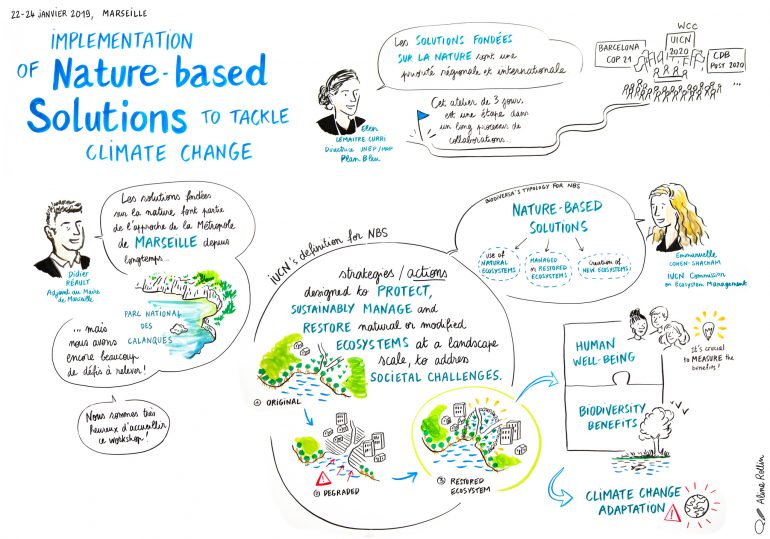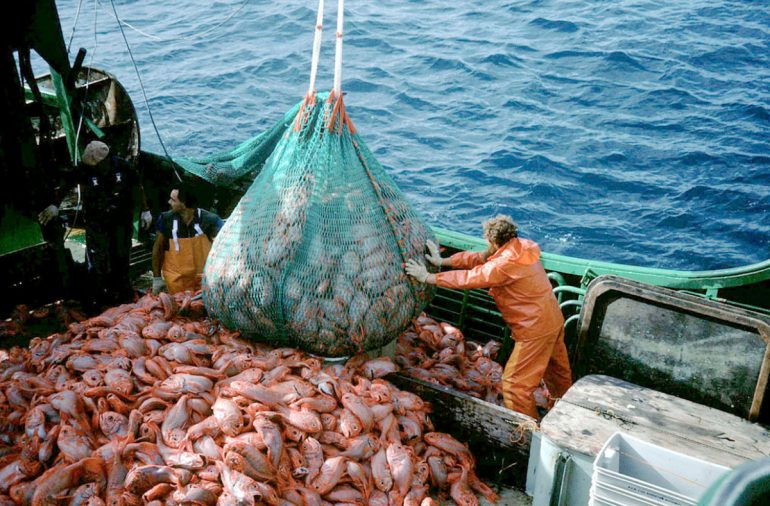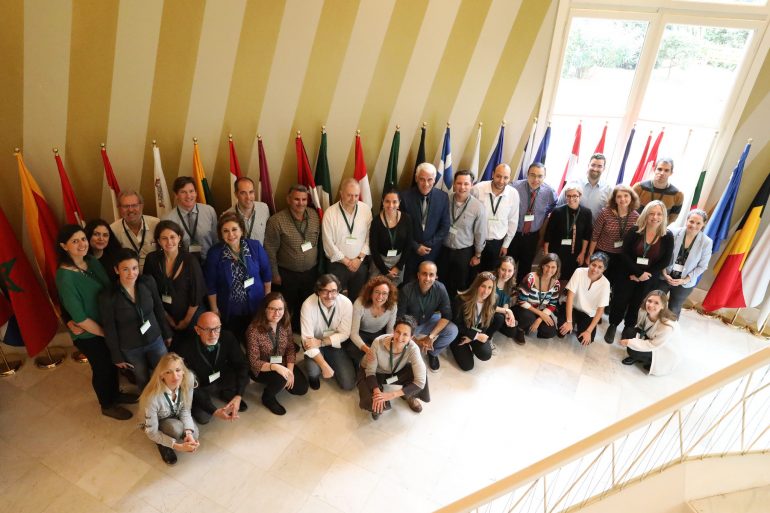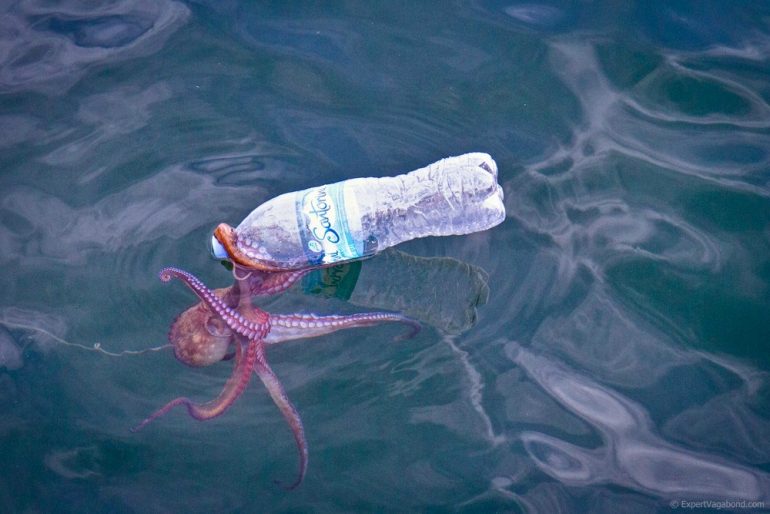 Mediterranean Members of Parliament and key stakeholders discuss the state of play and realistic steps forward (Brussels, November 21st, European Parliament).
Mediterranean Members of Parliament and key stakeholders discuss the state of play and realistic steps forward (Brussels, November 21st, European Parliament).
Most Mediterranean countries, on both shores, are at a moment when Parliaments are deciding on measures to curb the use of single use plastics and mainly plastic bags. Are the most informed decisions being made? What should the next steps be?
The root causes of marine litter in the Mediterranean are the same as anywhere else in the world: a complex combination of production and consumption patterns, irresponsible behavior of individuals and economic sectors, lack of policy and legislative frameworks, weak solid waste management practices, misconceptions related to possible solutions, fragmented understanding of the problem due to the lack of fit-for-purpose data.
Large amounts of plastic waste leak into the marine environment from sources on land and at sea, generating significant environmental and economic damage. They are estimated to account for over 80% of marine litter. Single-use plastic items are a major component of the plastic leakage and are among the items most commonly found on beaches, representing some 50% of the marine litter found.
Being one of the most affected seas by marine litter worldwide, Mediterranean decision makers are gradually reacting. Understanding and knowledge of the problem has been substantially enhanced in the past few years, with several studies shedding light on the amounts, distribution, sources and impacts. As a result, bold moves are taking shape on the EU side driven by the Marine Strategy Framework Directive and measures and pilot actions are advancing in the non-EU countries under the Regional Plan for Marine Litter Management in the Mediterranean of the Barcelona Convention.
The Searica Intergroup together with the informal Circle of Mediterranean Parliamentarians for Sustainable Development (COMPSUD) and the contribution of other key actors is exploring through this meeting realistic options on how to effectively curb plastic pollution in the Mediterranean region.
Program
16:30 – 16:45 Welcome remarks by Ms Gesine MEISSNER, MEP, President of the European Parliament Intergroup Seas, Rivers, Islands and Coastal Areas (Searica)
16:45 – 17:10 Outlining the marine litter challenge in the Mediterranean.
Mapping certainties and uncertainties: a prerequisite for better decision-making.
Dr. Thomie Vlachogianni, Marine Litter expert, MIO-ECSDE
Keeping litter on land
Prof. Moh Rejdali, Chairman of COMPSUD, Member of the Moroccan Parliament
Promising measures and lessons learned from the implementation of the Regional Plan on Marine Litter Management in the Mediterranean
Mr. Gaetano Leone, UN Environment MAP Coordinator
Putting the plastics challenge at the heart of EuroMed policy and actions
Ms Alessandra Sensi, Head of Sector, Environment and Blue Economy, Union for the Mediterranean Secretariat
17:10 – 18:00 Panel Discussion, incl. Q&A: Doing the right thing and doing it right: where are the difficulties?
Introduced and moderated by Mrs. Estaras Ferragut, MEP, Board Member of the Intergroup – Mediterranean
Prof. Michael Scoullos, MIO-ECSDE Chairman & Team Leader of the EU SWIM-H2020 Support Mechanism
Mr. Michel SPONAR, Deputy Head of Unit, Directorate General for the Environment, European Commission
Plastic Producers or Plastic Recyclers/Converters
MP (South)
MP (EU)
18:00 – 18:50 Panel Discussion, incl. Q&A: What are the next steps forward? Introduced and moderated by Mr. Davor Skrlec, MEP
Ms Francoise Bonnet, Association of Cities and Regions for Sustainable Resource Management
Fisheries Association/Aquaculture
Mr. Fouad Makhzoumi, MP, Lebanon
Tourism sector
MP
18:50 – 19:00 Conclusions
A MEP and Prof. Scoullos

 The
The 
 Under the leadership of the MAVA foundation, the organisations ACCOBAMS, Conservatoire du Littoral, Critical Ecosystem Partnership Fund, the IUCN Centre for Mediterranean Cooperation, MedPAN, MedWet, The MedFund, Tour du Valat, UNEP/MAP-SPA/RAC, UNEP/MAP-Plan Bleu and WWF Mediterranean gather at the IUCN Congress to present the current challenges, accomplishments, new initiatives and collaborative work which are taking place in the Mediterranean region.
Under the leadership of the MAVA foundation, the organisations ACCOBAMS, Conservatoire du Littoral, Critical Ecosystem Partnership Fund, the IUCN Centre for Mediterranean Cooperation, MedPAN, MedWet, The MedFund, Tour du Valat, UNEP/MAP-SPA/RAC, UNEP/MAP-Plan Bleu and WWF Mediterranean gather at the IUCN Congress to present the current challenges, accomplishments, new initiatives and collaborative work which are taking place in the Mediterranean region.

 Ready, set, go! MedArtSal kick is a project to promote sustainable management of artisanal salinas in the Mediterranean. The eight partners of the project
Ready, set, go! MedArtSal kick is a project to promote sustainable management of artisanal salinas in the Mediterranean. The eight partners of the project  Researchers, practitioners and policy makers from the Mediterranean region and the European Union met to discuss the benefits and challenges of implementing Nature Based Solutions (NbS). From 22 to 24 January, 2019, the city of Marseille hosted the workshop entitled
Researchers, practitioners and policy makers from the Mediterranean region and the European Union met to discuss the benefits and challenges of implementing Nature Based Solutions (NbS). From 22 to 24 January, 2019, the city of Marseille hosted the workshop entitled  Good news in the Mediterranean and Black Sea: according to
Good news in the Mediterranean and Black Sea: according to  Two days and five sessions of work were held with scientists and journalists to discuss the energy transition of the Mediterranean region, the circular economy and combatting plastic pollution. The program has been completed with two sessions dedicated to initiatives and tools for the journalistic profession, and to debating and exchanging experiences between professionals.
Two days and five sessions of work were held with scientists and journalists to discuss the energy transition of the Mediterranean region, the circular economy and combatting plastic pollution. The program has been completed with two sessions dedicated to initiatives and tools for the journalistic profession, and to debating and exchanging experiences between professionals. Mediterranean Members of Parliament and key stakeholders discuss the state of play and realistic steps forward (Brussels, November 21st, European Parliament).
Mediterranean Members of Parliament and key stakeholders discuss the state of play and realistic steps forward (Brussels, November 21st, European Parliament).